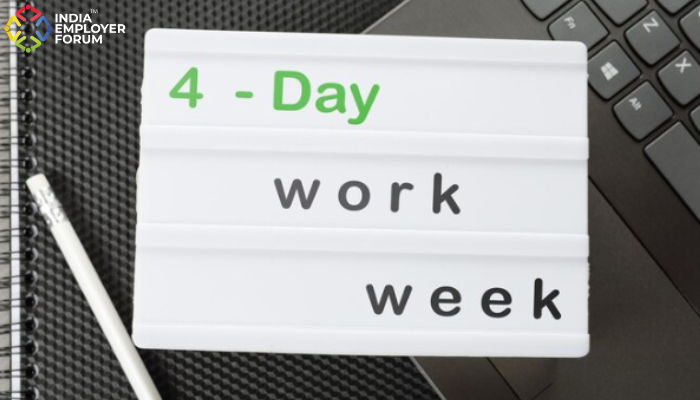The generation of working professionals is now dominated by millennial parents with the people born in the 80s and 90s (between the years 1979 and 1994, to be exact) reaching the crucial life stage of rearing young families while balancing their careers. It is an important span for many industries and is widely recognized among Marketing & Advertising, and Human Resource Management domains foremost. These people are well-educated, more than savvy with technology, and have the responsibility of making decisions that impact a whole generation of new citizens.
Accordingly, India Inc has stepped up, creating workplace policies, employee-friendly and family-friendly policies, and benefits packages to go with the interesting jobs on offer in the market, to keep these millennial parents both satisfied and focused on their highest priorities in life. Millennial parents are themselves no less – they learn from their previous generations of workers while avoiding the pitfalls – and they plan for the futures of their children by saving for college courses, possible trips abroad to gain degrees overseas, or to take up professional courses among the elite colleges of India replete with internships and travel experiences.
The challenge for managers comes in these unprecedented circumstances where most of the workforce is working from home through a hybrid of in-office visits balanced by remote work or working wholly from home and meeting up only virtually. Managers need to be empathetic to team members, their situations at home such as young children or seniors who are dependent on them for care. Supportive employers are those who read between the lines and gather even more input on the styles of parenting and lifestyle choices that workers in specific generations make.
You might also be interested to read: 5 FAQs About Work From Home
Observations about millennial parents that are instructive to corporate leaders
Hands-on parents: Millennial parents take the ‘all hands on deck’ adage seriously. Even if they are connected to technology all the time and can appear online in a few minutes if necessary, they still like their detox time away from devices. These parents play on the floor with their children, cook as a family, and share household chores with one another. Employers should respect these boundaries and encourage family time.
Planners are doers: Millennial parents like to have a plan as to how much time they spend at each stage of their children’s education and development. They have educated estimates, projections, and real experience before them which they put to good use, adjusting it to inflationary pressures and emerging cost differentials.
Self-care advocates: After several generations of hard workers, smart workers, and those who simply “got on with it” without a complaint, millennial parents are realists. They acknowledge that some things – like growing up the career ladder, or being good parents – are hard. They still try their best to get results. But they do not deny themselves the luxury of patting themselves on the back for a job well done, or investing in themselves to make their lives easier.
Flexibility flag bearers: To do all the things they want to do and still have a sense of enjoyment of both the workweek and the weekend, millennial parents will require some amount of flexibility in their working style and planning. It is common to hear these people say they are “not morning persons” but are “night owls”. Within the permissible range allowed by the nature of work, managers can allow these natural preferences of millennials to find their own hours of productivity. This does not mean allowing the team to flag with each of them in a different time zone. There are ways to channel productivity and complete projects without letting accountability fall by the wayside.
Managers can make these goals of millennial parents come to pass by allowing virtual collaboration through superior (paid) productivity apps and collaboration tools, providing perquisites in the form of child-care options, and offering some cushion for their mental health.
These provisions can make the workplace an aid to millennial parents, and bring the best out of their productive hours. Like many areas of parenting, millennials in India tend to compare their lives with their parents, and nearly 77% find that they have a better deal in their lives than their parents did. The workplace atmosphere and opportunities are a major component in this. This is a favorable trend worth nurturing and enhancing in order for the contribution from young professionals to continue in a similar trend.
References:
- Making the workplace work for millennial fathers | servicefutures | June 2020
- Millennial parents: What makes them so different? | Times of India – India Times | Apr 5, 2021
- Unlike in the West, millennials in India are happier than their parents | Livemint | Surbhi Bhatia, Sriharsha Devulapalli | June 15th, 2020
You might also be interested to read:




